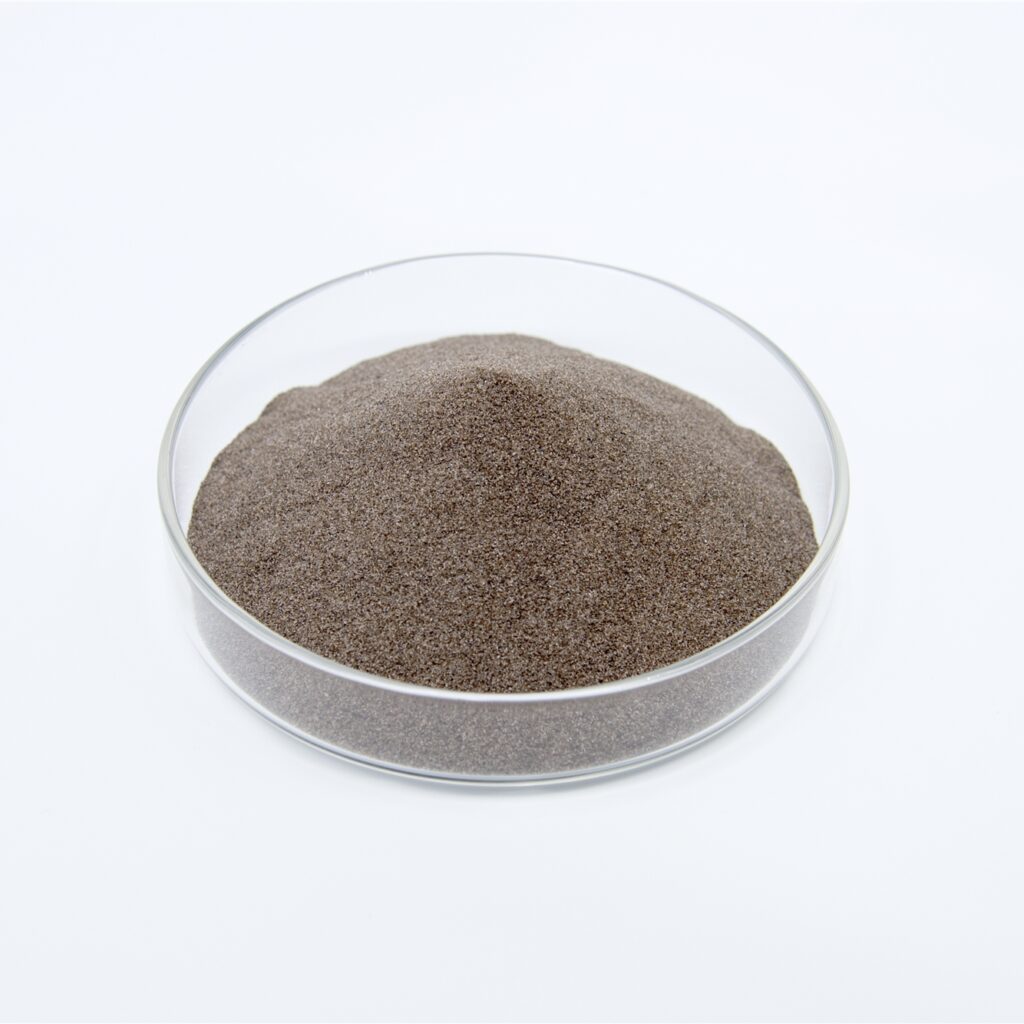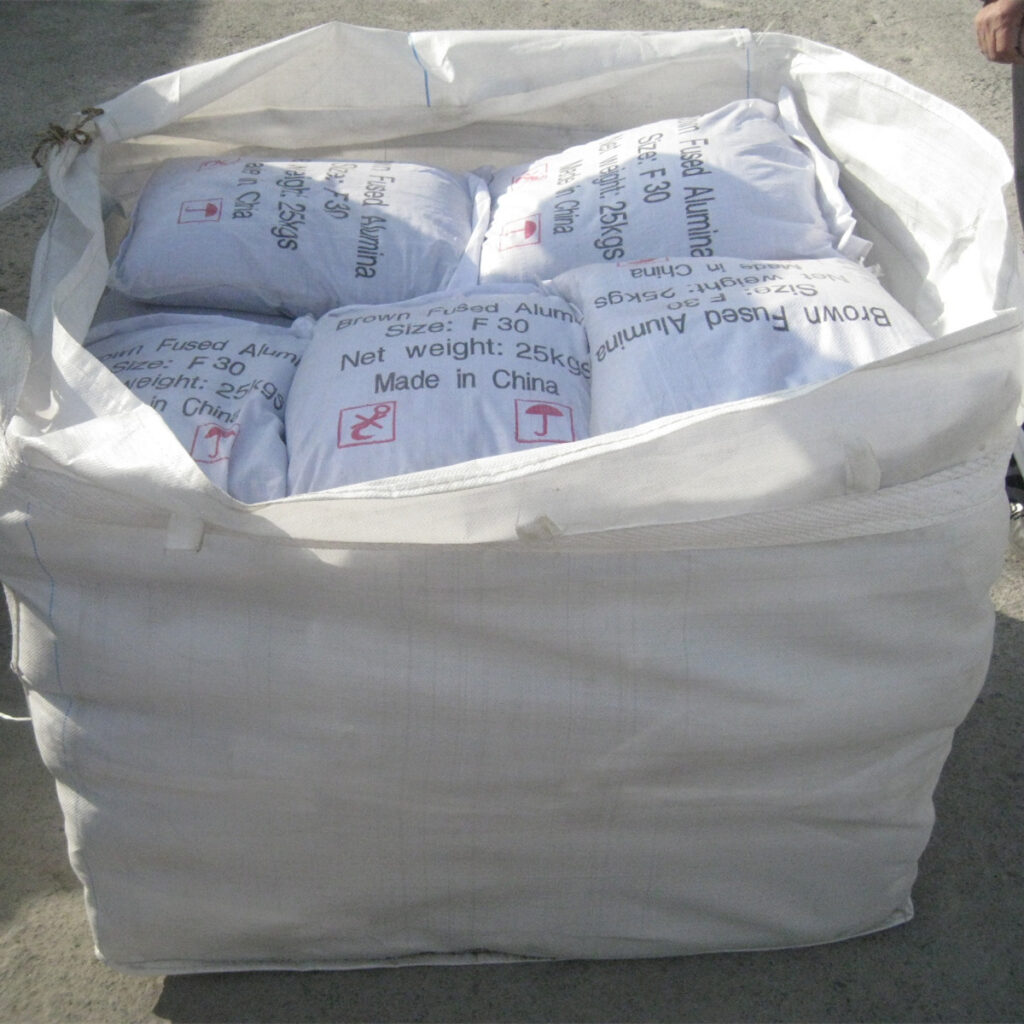Brown aluminum oxide abrasives are excellent for surface finishing due to their hardness, durability, and consistent particle shape. They provide a balance between material removal and smooth finishing, making them ideal for deburring, polishing, and preparing surfaces for coatings.
Best Uses for Surface Finishing:
Deburring & Edge Blending
Removes sharp edges and burrs from machined metal parts.
Works well on steel, aluminum, and titanium.
Polishing & Matte Finishing
Produces a uniform, non-reflective finish on metals.
Used in automotive, aerospace, and tool finishing.
Surface Conditioning Before Coating/Painting
Creates a strong anchor profile for better coating adhesion.
Preferred for industrial painting, powder coating, and anodizing prep.
Glass & Ceramic Finishing
Provides controlled abrasion for satin or frosted finishes.
Recommended Grit Sizes for Surface Finishing:
| Grit Size | Best For |
|---|---|
| 60-80 grit | Aggressive material removal, heavy deburring |
| 90-120 grit | Smoothing rough surfaces, medium finishing |
| 150-220 grit | Fine finishing, pre-paint prep, matte texture |
| 240+ grit | Ultra-smooth polishing, final surface refinement |
Application Methods:
Blast Cabinets & Pressure Blasting (for uniform finishes)
Vibratory Tumbling (for small parts and deburring)
Belt Grinding & Sanding (when bonded to abrasive belts/discs)
Advantages Over Other Abrasives:
Longer lifespan than garnet or silicon carbide.
Less embedment (cleaner finish vs. steel shot).
No silica risk (unlike sandblasting sand).
Reusable (cost-effective for large-scale operations).
Alternatives for Comparison:
White Aluminum Oxide (higher purity, sharper edges, more expensive).
Glass Beads (softer, for peening and bright finishes).
Ceramic Beads (for ultra-smooth polishing).


